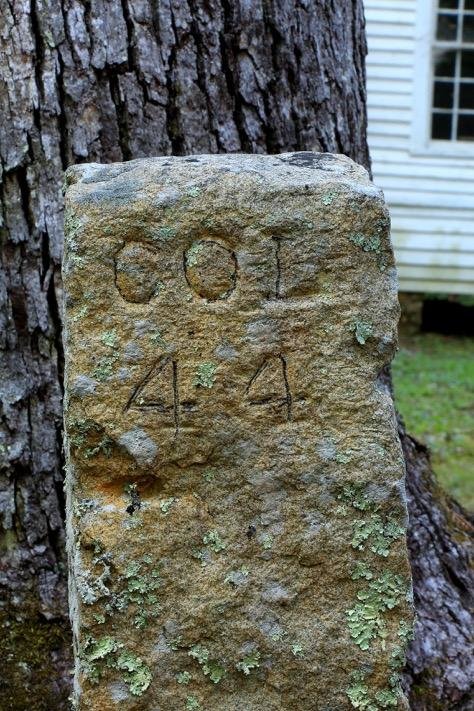How did we live before cars?
tompol@earthlink.net
For most people in this country, riding a horse is an act of recreation, not transportation. A choice, not a necessity.
I’ve ridden a horse maybe five times in my life. Didn’t care for …
This item is available in full to subscribers.
Subscribe to continue reading. Already a subscriber? Sign in
Get 50% of all subscriptions for a limited time. Subscribe today.
Please log in to continueNeed an account?
|
How did we live before cars?
tompol@earthlink.net
For most people in this country, riding a horse is an act of recreation, not transportation. A choice, not a necessity.
I’ve ridden a horse maybe five times in my life. Didn’t care for it. Many times, however, I rode Granddad’s mule. It was a rough ride without a saddle, but I’ve never had to depend on a horse to get from point A to point B.
I never had to worry about feeding a horse nor worry about tying up a horse like they did in the old westerns. I park and get out.
Back in the wild, Wild West, a gunslinger would swing off his mount, throw the reins around a post, and saunter into the saloon for a shot of whiskey. Soon, gunshots rang out and someone would throw a bad guy out a window. Well, no worries about the horse bolting and running. It was hitched. Going nowhere.
Over the last month, two book events brought our equestrian past to light. In Laurens, South Carolina, I came across a hitching post right by Highway 76. That post, slender but stout, had rust running down it from where an iron ring impaled it.
That the post existed surprised me. Some folks decided to save this old hitching post, and for that I thank them.
Seeing it made me imagine a dusty trail, no power lines, no asphalt. No noisy engines. No fumes, save currents of air off fresh road apples. No gas stations and no sharing the road with tanker trucks.
Thanks to an invitation from Bob Blair, another book event took me to the Coleman-Feaster-Mobley Reunion in the vicinity of Blair and Shelton, South Carolina.
A lot of history lives here. Old homes, old churches, and an old school. In front of the old Feasterville Female and Male Academy (circa 1840) stands a stone column with lichens upon it. Chiseled into it is Col 44.
Translation: It’s 44 miles from this upright stone marker to Columbia. How natural and simple compared to the giant road signs we see along the interstates.
Rocks endure, and stone artifacts of how folks used to travel remain.
In McCormick you’ll see stones embedded in the earth near a rail track. These flat stones served as steps from the steam-driven iron horses to the site of the original Keturah Hotel.
In some forgotten ruins of an old plantation in Edgefield County you’ll see a block of stone women used to step from into horse-drawn carriages and stagecoaches. Imagine a lady raising her hoop skirt to enter the coach. Like a scene from a movie.
What strikes me about these stone relics of times before cars is their quaint character. Quarried from the earth, they needed no lights, no paint, no plastic. They didn’t tower over the land because horseback riders traveled close by. Riders weren’t miles away on a four-lane highway. Situated by a trail, the words didn’t have to be monstrously big. I’ll wager that nearby cool spring water slaked travelers’ thirst and the occasional fruit tree provided sustenance. I’ll wager, too, that yesteryear’s horseback riders were nowhere as obese as today’s fast-food interstate travelers are.
Yeah, things change and a lot of folks say the good old days weren’t that good. I get it, and I’m not about to trade my car for a horse, but I sure appreciate the quaint and simple way things worked back then.
People sitting in saddles, carriages, and stagecoaches saw the land up close, and they saw it before bulldozers and asphalt brought blight to it.
Besides, what they say is true. You can’t miss what you never had. Horses worked fine until that Ford fellow came along.
Keywords
down south, tom poland, car, horse, before carsOther items that may interest you







Comments
No comments on this item Please log in to comment by clicking here